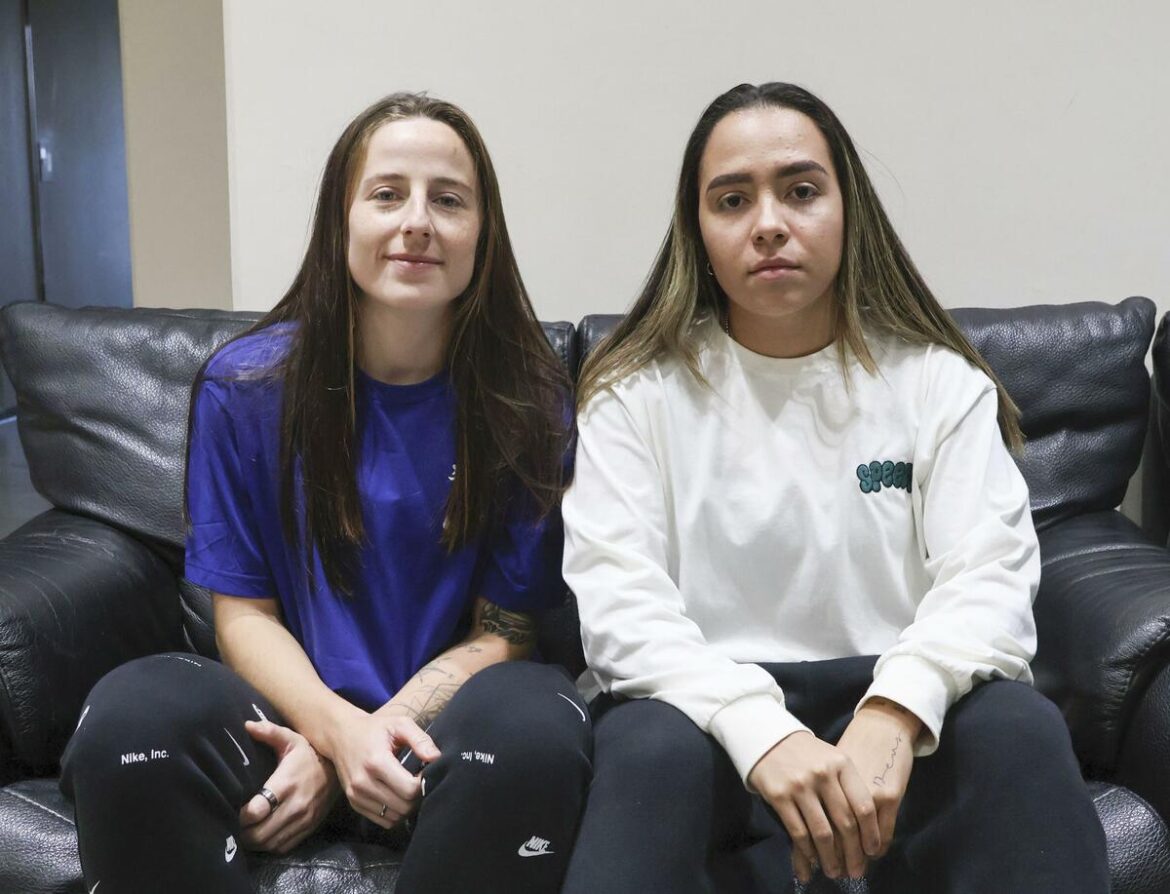MATSUE, Japan – The “safe sport” initiative has taken on greater importance as athlete welfare has become an issue of wider concern, with the public more aware than ever that athletes must be protected from predatory behavior that puts them in danger.
But a recent case in Japanese women’s football underscores the remaining flaws in the policy’s application.
At Diosa Izumo FC, a women’s second-division team in Shimane Prefecture, two Brazilian players publicly alleged last November that they were subjected to sexual harassment by their Japanese manager, Yoji Sakai.
Sakai denied the accusations, however, claiming the Portuguese words he used, interpreted by the players as insults of a sexual nature, were actually slang meant to express frustration, such as: “Damn it, I messed up.”
In April, the Japan Football Association decided it would not take disciplinary action, citing insufficient objective evidence such as audio recordings or video footage.
This decision contrasted sharply with the Japan Women’s Football League, which conducted its own investigation and concluded Sakai had made abusive and sexual remarks that warranted punishment.
At a press conference in November, players Laura Spenazzatto and Thays Ferrer declared, “We didn’t come here to be slaves to bullying.”
According to their lawyer, the two joined Diosa in August 2022. They alleged that when they made mistakes, Sakai and male coaches insulted them in Portuguese, including terms referring to “genitals.”
Though their contracts stipulated that an interpreter would be present at training sessions and matches, in reality, one was only available once a week, leaving them unable to understand instructions.
Both players were diagnosed with depression in July 2024 and left the team the following month.
That same November, the team acknowledged mishandling the interpreter issue and said it would negotiate compensation. Sakai was briefly suspended but returned to duty within weeks. When the players’ contracts expired in December, they were not offered renewals.
The JWFL interviewed the players and their interpreter, later reporting to the JFA that Sakai’s behavior was “extremely malicious and absolutely unacceptable.”
The JFA, however, sided with the manager. In a written decision, it deemed the remarks “inappropriate” but concluded there was insufficient proof that they were directed at the two athletes.
At a subsequent press conference, Sakai’s lawyer acknowledged the inappropriate language but maintained it was slang, not harassment. The team echoed that stance, insisting “no harassment occurred,” while issuing the manager a stern warning and considering compliance training for staff.
In June, Spenazzatto and Ferrer filed a lawsuit at the Matsue District Court’s Izumo branch, seeking 3.4 million yen ($22,500) in damages for mental distress.
Sakai filed a counterclaim on September 5, arguing that his reputation was harmed by what he described as unfounded allegations made at the press conference.
Now playing in Lithuania, Spenazzatto, speaking online at a press conference, said: “I thought I might never be able to play soccer again, which I love. I want the law to be applied.”
The dispute comes as growing attention is paid to harassment in Japanese sports. In 2023, national sports bodies adopted a declaration to eradicate violence, followed by the “NO! Sports Harassment” campaign.
The Japan Sports Association’s hotline received a record 536 consultations in fiscal 2024, with verbal abuse and harassment emerging as the most frequent concerns.
Professor Kyoko Raita of Chukyo University, an expert on gender issues in sport, notes that the International Olympic Committee introduced its safe sport framework in 2016 and strengthened it in 2024 to emphasize prevention, education and care under the concept of “safeguarding.”
Commenting on the Diosa case, Raita said, “Coaches should not make statements without understanding the culture and history of their athletes’ countries. It warrants strict scrutiny in the sense that this created an inappropriate environment.”
She added that Japanese sports are in a transitional phase.
“It is crucial to resolve differences in values among athletes, coaches and organizations. Establishing human rights policies and ethical guidelines can provide a framework where all stakeholders work toward shared goals.”


AloJapan.com